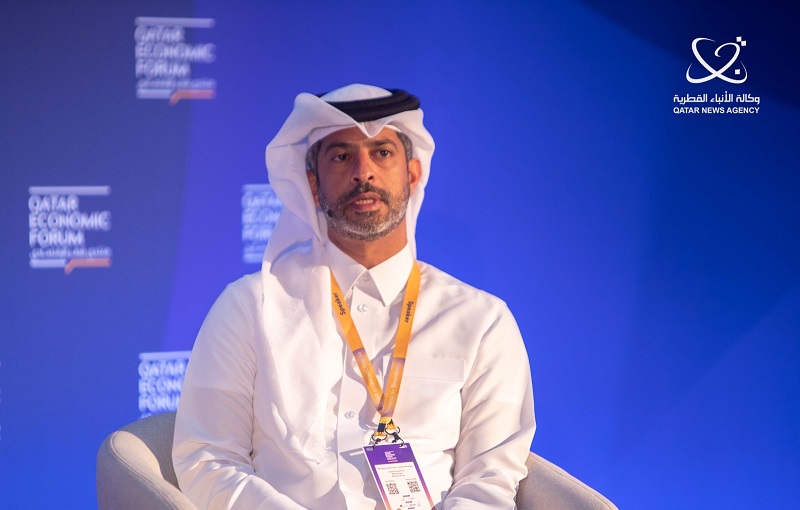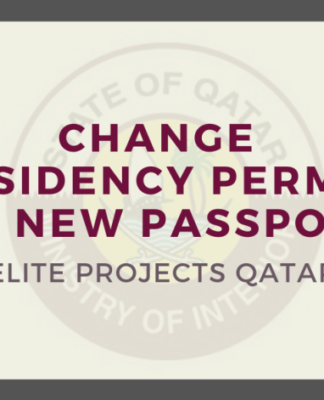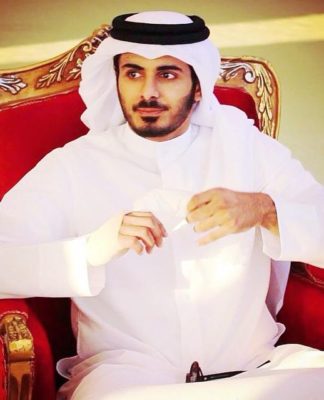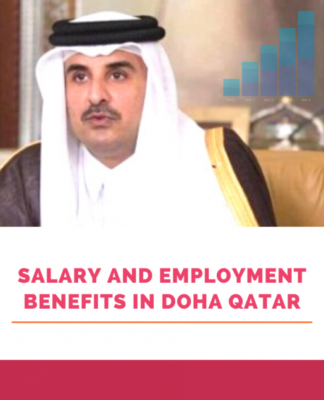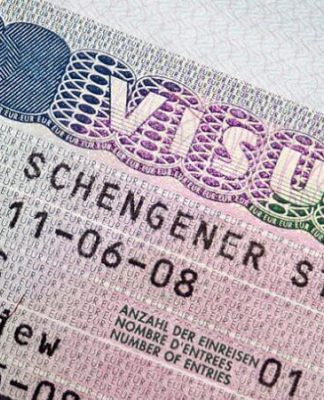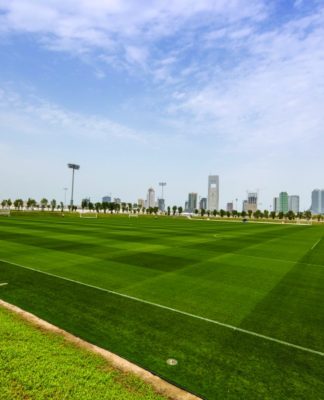CEO of the FIFA World Cup Qatar 2022: The future of sport is full of challenges
May 24, 2023, 10:57 PM
Follow us:
alsharq
Nasser Al-Khater, CEO of the FIFA World Cup Qatar 2022
A+
A-
world CupQatar World CupNasser Al-KhaterQatar Economic Forum
Doha – Qena
Mr. Nasser Al-Khater, CEO of the FIFA World Cup Qatar 2022, stressed that the future of sports is full of challenges, in light of the strong competition that different sports are witnessing among themselves to enter the global ladder, and to make them more accessible, especially since, in addition to the entertainment industries, they compete to attract The interests of the fans and their fans.
Read also
alsharq
Inter Milan striker: I transferred the experience of the World Cup in Qatar to my team
alsharq
Director of Media Content at the Supreme Committee for Delivery and Legacy: The legacy of the World Cup is unprecedented in the history of sporting events
alsharq
“Qatari Press” reviews the legacy of the World Cup in Qatar
In response to questions posed by Mr. Stuart Livingston Wallace, Head of the Middle East and North Africa Department at Bloomberg Agency, in the first session of the second day of the Qatar Economic Forum, which was held at the Fairmont Hotel Doha, under the title “Changing the rules of the game … Transforming sports into a digital world,” he said. Al-Khater: “The last World Cup was a platform for dialogue and discussion of many global issues, foremost of which are the issues of the Middle East region, which is very fond of football. From this platform, I would like to present a glimpse to my friends in the United States of America, which is preparing to host the FIFA World Cup in 2026, the fastest growing sport in America today, and competes with the sport of / paddle /.
He added: What is interesting is that the last tournament was the first global sporting event to be organized after the Corona pandemic, and we were happy with that, as everyone was eager to watch it, and by looking at it, we find that it has advanced from 32 teams to 48, and this poses a challenge to the countries hosting major tournaments. , as the United States can host 48 teams, and divide the tournament between its cities, but for smaller countries it will become more difficult, and this issue is one of the most important challenges.
On the sports future, Al-Khater drew attention to the growing interest in other sports, such as the American Basketball Championship and the American Football League, in different parts of the world. the world.
With regard to the concept of soft power, he explained that its interpretation depends mainly on the country hosting the global event, and based on its objectives, the size of this country and its historical location, and based on that, it can use these events to serve political, social and economic agendas.
Back in 2009, Qatar was first of all in a strong position, and it has a lot to offer, so many looked with astonishment at its winning of hosting the World Cup, and from this logic, the first thing we thought about was how we can accelerate the process of progress in order to be able to make the hosting a success. This required us to do a lot, both in terms of developing infrastructure, diversifying the economy, and leading a sustainable future on the climate and social levels, and our thinking was then focused on how to make the cup serve our vision.
He added, “Despite the attack our country was subjected to over the course of 10 years, under the pretext of the welfare of migrant workers and the like, hosting the championship accelerated social change and economic diversification, not only in Qatar, but also at the level of the countries of the region, because the championship shed light on issues, and reflected its true image.
Regarding his advice for the 2026 World Cup, Al-Khater stressed the importance of identifying the needs required for hosting, as the State of Qatar sought after it to be a center for tourism, and there is no doubt that the tournament achieved a wonderful promotional opportunity for us, as our goals were clear, from the beginning, and foremost among them is the development of the infrastructure Infrastructure, and after 10 years we saw a new airport, port development, hundreds of kilometers of highways, a subway system, improved tourism offers, etc., especially since we wanted it to be a sustainable version, and in implementation of our pledges and commitments we generate today 800 megawatts of solar energy, and this Some examples of our success off the field.
On the challenges faced by the State of Qatar, he indicated that they were related to its small size, and expectations of receiving between 1.2 to 1.5 million fans, and there was another challenge related to the most suitable time for hosting, yet we succeeded in hosting 1.28 million fans, as we knew that we needed 98 A thousand rooms to receive this number, we had 36 thousand of them when we won the right to host, so we worked to find a balance between hotel rooms and residential apartments, and the rooms that were built to serve the tourism sector, and we are able to use them for tourism purposes.
Panellists: Don Davis, Founder, President and Co-Owner of PFL, Alexandre Dreyfus, CEO of Socios.com and Chiliz, Sandrine Nzoko, Founder and CEO of Tessa, Manoj Badal, Co-Founder and Managing Partner of Blenheim Chalco and Chairman of Rajasthan Royals .
The session discussed the impact of integrating technology into the sports industries on fan engagement, how to generate future revenues, electronic games that are witnessing increasing investments, mechanisms for digitally linking sports and physical experiences, challenges that may prevent this, and other topics related to the title of the session.














